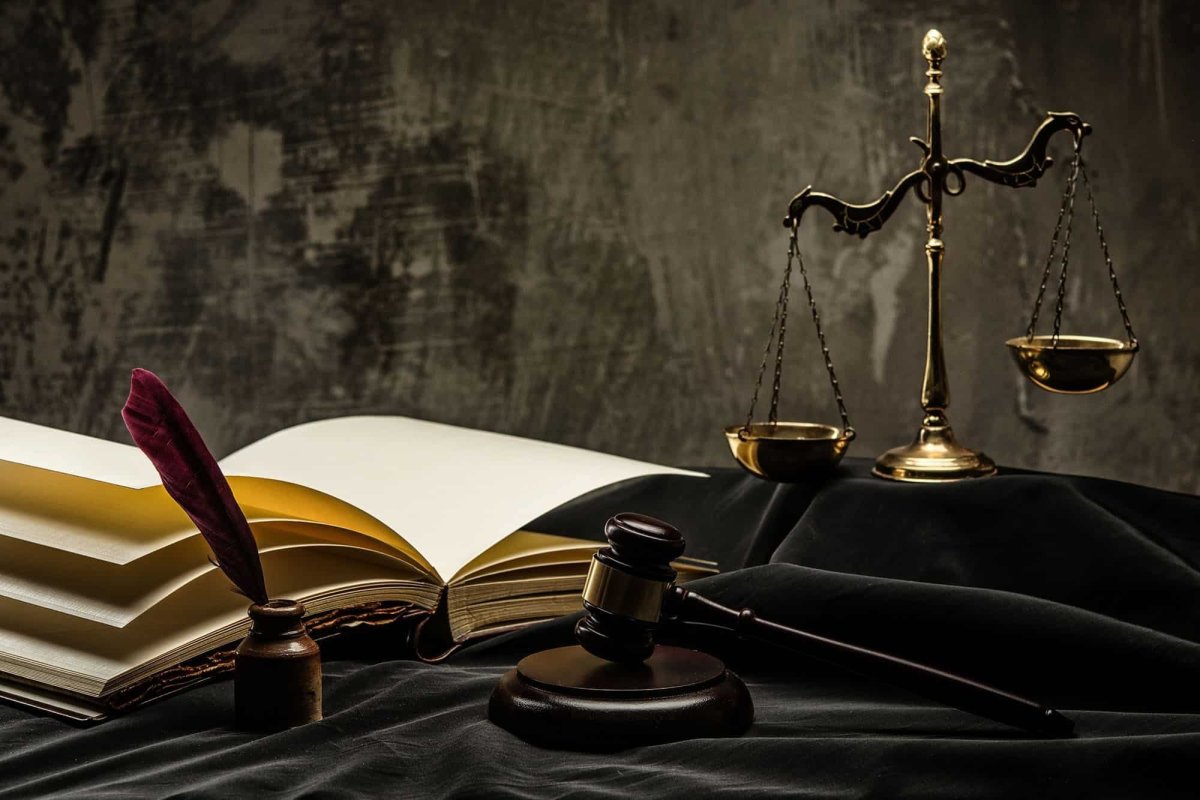Anti-Corruption Expertise of Video and Audio Recording
Introduction
Anti-corruption examination of video and audio recordings is an important tool in the investigation and proof of corruption offenses. This process includes technical analysis, legal assessment and authentication of recordings that can be used as evidence in criminal proceedings.
Stages of Anti-Corruption Expertise
1. 1. Preparatory stage
Collecting and preserving evidence
- Obtaining recordings: Video and audio recordings may be obtained from whistleblowers, during investigative activities, or through other sources.
- Preservation of evidence: It is important to follow the rules for preserving and handling records to avoid compromising evidence. Records should be properly documented and preserved in their original form.
2. Technical Analysis
Authentication
- Metadata analysis: Experts analyze file metadata, including the date, time, location, and other technical characteristics to verify that they match the claimed circumstances.
- Checking for editing: Files are checked for any signs of editing or editing. This includes analyzing the chronological sequence, detecting anomalies in sound or image, and using specialized
- programs to detect manipulations.
3. Phonoscopic and Linguistic Expertise
Voice and speech identification
- Phonoscopic analysis: Identification of the voices on the recordings. This includes comparing voices to reference samples, identifying individual voice and speech characteristics.
- Linguistic analysis: Experts analyze the content of speech, identifying specific phrases, terms, and context that may indicate corrupt activity.
4. 4. Visual Expertise
Image analysis
- Identification of persons: Experts identify individuals appearing in the video footage. This includes the use of facial recognition technologies, analysis of physical characteristics and movements.
- Contextual analysis: The context of the recording is analyzed, including the place, time, environment, and other details that may be important for understanding the events captured in the video.
5. Legal Assessment
Legal significance of records
- Compliance with the law: Records are evaluated for compliance with legal requirements for the collection and use of evidence. It is important to ensure that the records were obtained legally and can be used in court.
- Evidence assessment: Determines whether the recordings can be recognized as relevant evidence in criminal proceedings. This includes an assessment of the authenticity, integrity and relevance of the recordings to the case.
You may also be interested in the following articles: advice of a lawyer, legal advice, analysis of documents, legal analysis of the situation, written advice, verification of documents by a lawyer, lawyers documents, online legal advice, online lawyer, legal opinion, legal opinion of a lawyer, lawyer online.
Conclusion.
The anti-corruption examination of video and audio recordings is a multi-stage process that includes technical analysis, voice and face identification, and legal assessment of the recordings. This process is critical to ensure that the recordings can be used as proper evidence in the investigation and prosecution of corruption offenses.

































